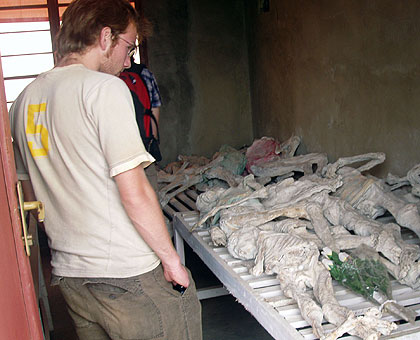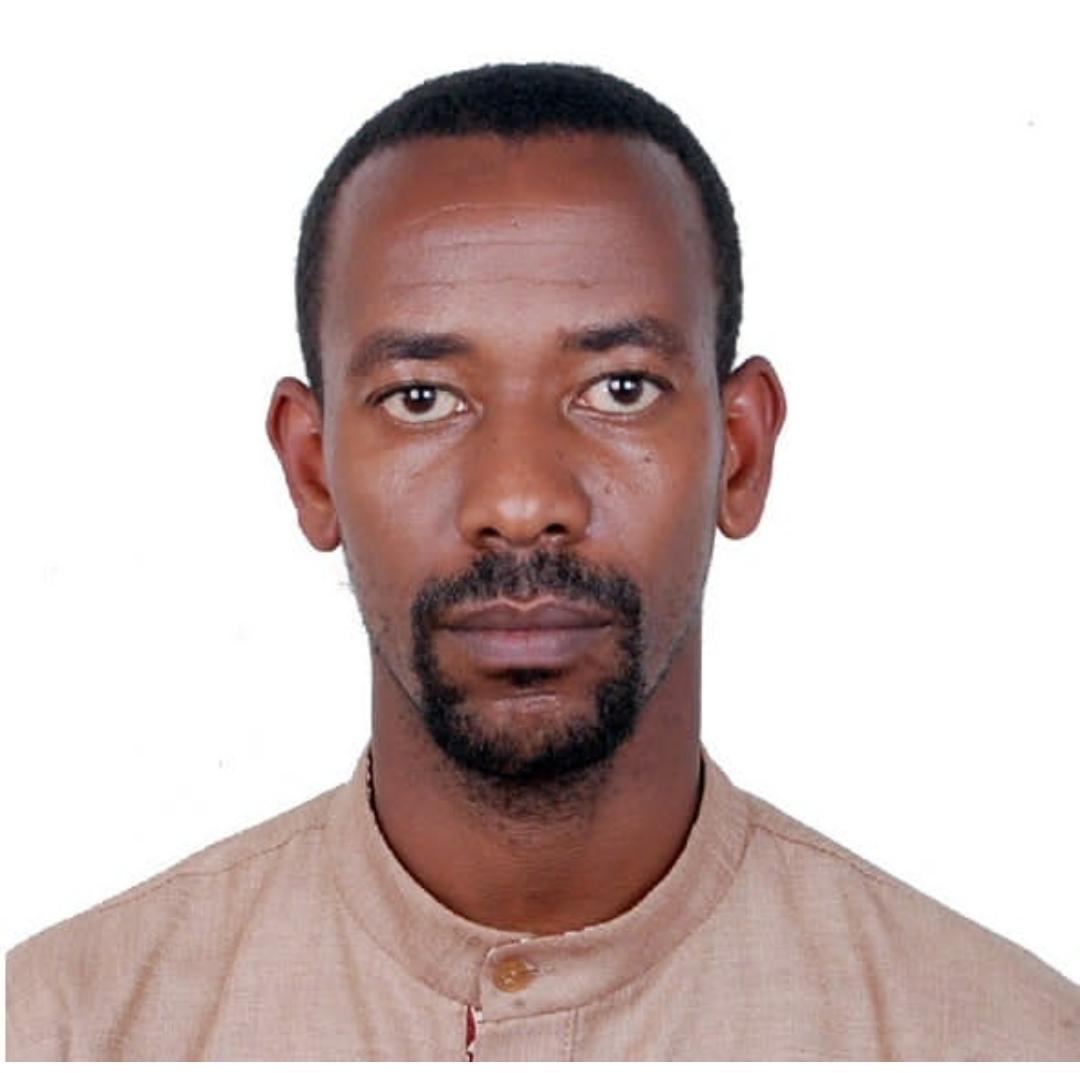A district court in southwest Norway, on Tuesday, ordered the extradition of Eugene Nkuranyabahizi to answer for his role in the 1994 Genocide against the Tutsi.


A district court in southwest Norway, on Tuesday, ordered the extradition of Eugene Nkuranyabahizi to answer for his role in the 1994 Genocide against the Tutsi.
A former teacher in Southern Province, Nkuranyabahizi, 41, is linked to the murder of more than 7,500 Tutsi in Nkakwa, Kibangu, Cyahinda and Kanyaru river area in the former Commune Nyakizu, current Huye District.
In ruling on the extradition request filed by Rwanda, the court said it based its decision on "reasonable grounds.”
The court also ruled that the suspect’s rights would be respected in Rwanda and that he would be treated fairly by Rwanda’s legal system.
Nkuranyabahizi was arrested in May last year but Rwanda filed an extradition request in August.
Prior to the Genocide, the suspect was a member of the MDR-Power, a genocidal political party. He is also accused of working with Interahamwe militia to murder Tutsi who were attempting to flee to Burundi.
Genocide survivors have welcomed the move and requested Western countries sheltering other Genocide suspects to emulate Norway.
"We are happy with how Norway is handling cases of Genocide. They have moved fast both in prosecuting suspects and extraditing them,” said Naftari Ahishakiye, the executive secretary of Ibuka, an umbrella organisation for Genocide survivors’ associations.
Learning from Norway
Ahishakiye said Genocide survivors believe Rwandan judiciary delivers fair justice, and that there is a lot for the West that have dragged their feet in the judicial processes like France to learn from Norwday’s action.
Prosecutor-General Richard Muhumuza said Genocide suspects should either be tried from where they are or extradited to Rwanda.
"The National Public Prosecution Authority has been involved in the process of identifying countries in which persons accused of genocide and other international crimes live. Once identified, we work closely with authorities in those countries during trial and extradition proceedings,” he said.
"We have had successes in terms of extraditions in the past and the decision by the Norwegian judicial authorities is definitely another step in the right direction and we hope it will impact future cases. We will continue to liaise with our counterparts in Europe and elsewhere to apprehend and extradite Genocide suspects.”
Last year, Norway extradited Charles Bandora to stand trial for his alleged role in the Genocide.
A court in Oslo also gave the highest possible prison sentence of 21 years to Sadi Bugingo, who orchestrated killings in the former Kibungo Prefecture.


